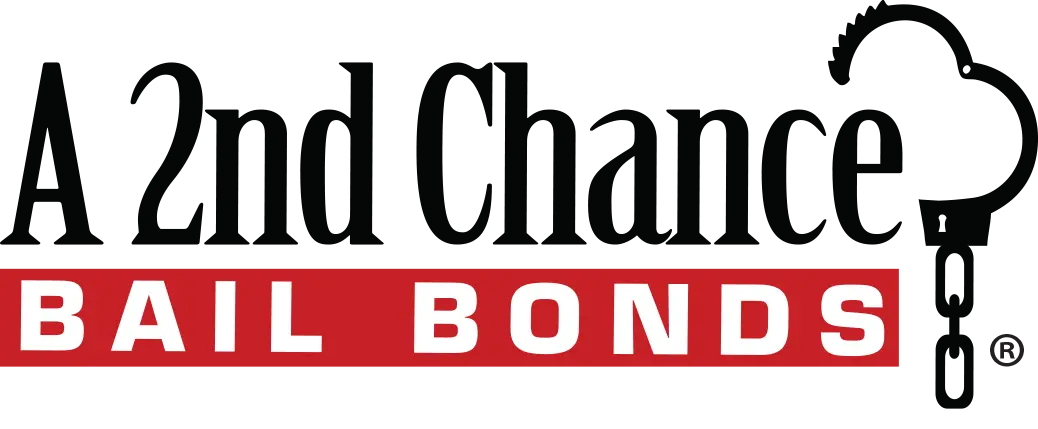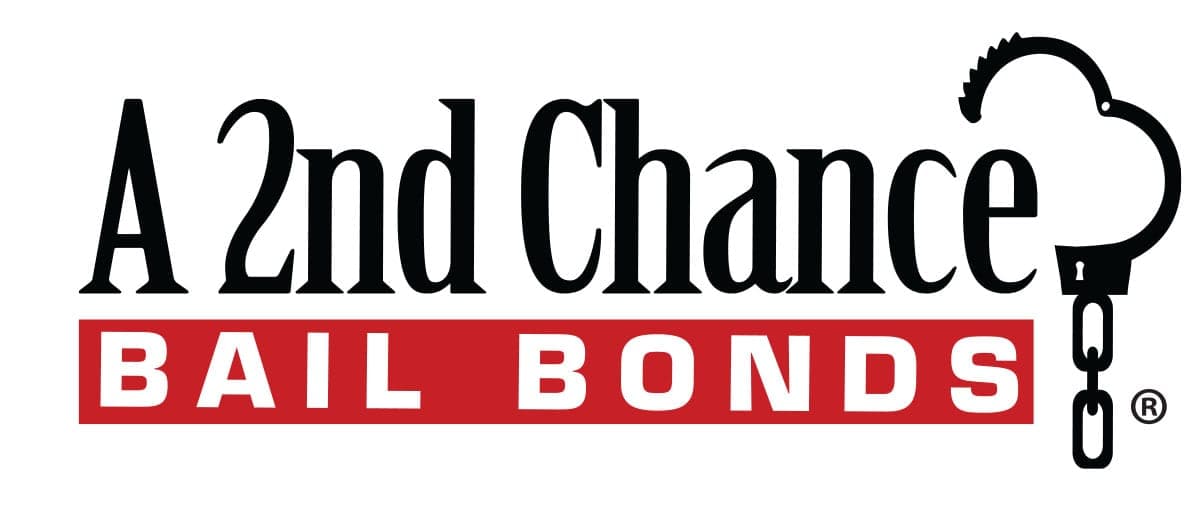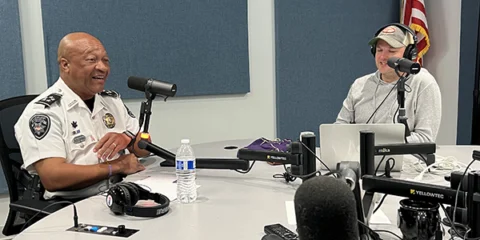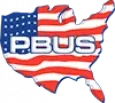
Can You be Found by Potential Clients?
In Georgia, the majority of people who use bail bond services are not represented by an attorney when they initially land in jail. If they want to use a public defender, they will have to wait until they go to court to have that assignment made. This group represents a large potential client pool with an immediate need for your services.
Most often, these recently charged individuals strike out on their own to find a lawyer. To increase the chances of being found, lawyers need to understand this process from the defendant’s point of view.
Consider the process involved in these four most client-popular ways to find a lawyer:
- A friend or family member refers a lawyer (62%)
- An online search engine generates a name to call (37%)
- A known lawyer refers you to another lawyer (31%)
- A legal directory shows you the name of a lawyer specializing in the type of representation you need (28%)
Maintaining a high profile in your local community also helps defendants find you. The majority of defendants looking for a legal representative depend on the recommendations of friends and family members for assistance.
For many defendants, an online search is the first step they take to secure representation. For that reason, keep your listings current on all the major search engines (Google, Bing, Amazon and Facebook). Ask your current clients which search platforms they use and if the same minor engines come up more than once, consider adding listings to those as well. For example, DuckDuckGo, a minor search platform, is enjoying an uptick in popularity right now because consumers prefer its privacy protection.
If you want to optimize your online listings to appear earlier in the ranked presentations of search results, consider buying key search words. For example, by linking your listing to targeted search phrases, such as “DUI lawyer,” “criminal defense attorney” or “lawyer to defend drug charges,” you can improve your listing’s rank on the results delivered by popular search engines.
Additionally, defendants often turn to the state bar to find legal representation. Make sure that your listing in the bar’s new enhanced directory, which categorizes attorneys by practice specialty, is up to date and includes your website address and current phone number. Defendants also look to other online resources, such as the directories published by local and voluntary bar associations. Periodically check your listing in these associations’ online directories for accuracy as well.
Separate directories of free civil legal services or pro bono representation are maintained by local legal aid organizations to help defendants in low-income households find representation too.
Grow and nurture the contacts in your local network of legal contacts to encourage referrals from trusted colleagues that do not practice in your specialty area. Networking works best when your contacts receive value from their association with you. Before you can expect a colleague to refer you, refer one of your clients to the colleague. Broaden these community-based networks to include non-lawyers as well and you could see referrals coming from friends, teachers, ministers, neighbors or other trusted contacts.
Stimulate the referrals you need to help keep your practice profitable by making it easy for potential clients to find you.













